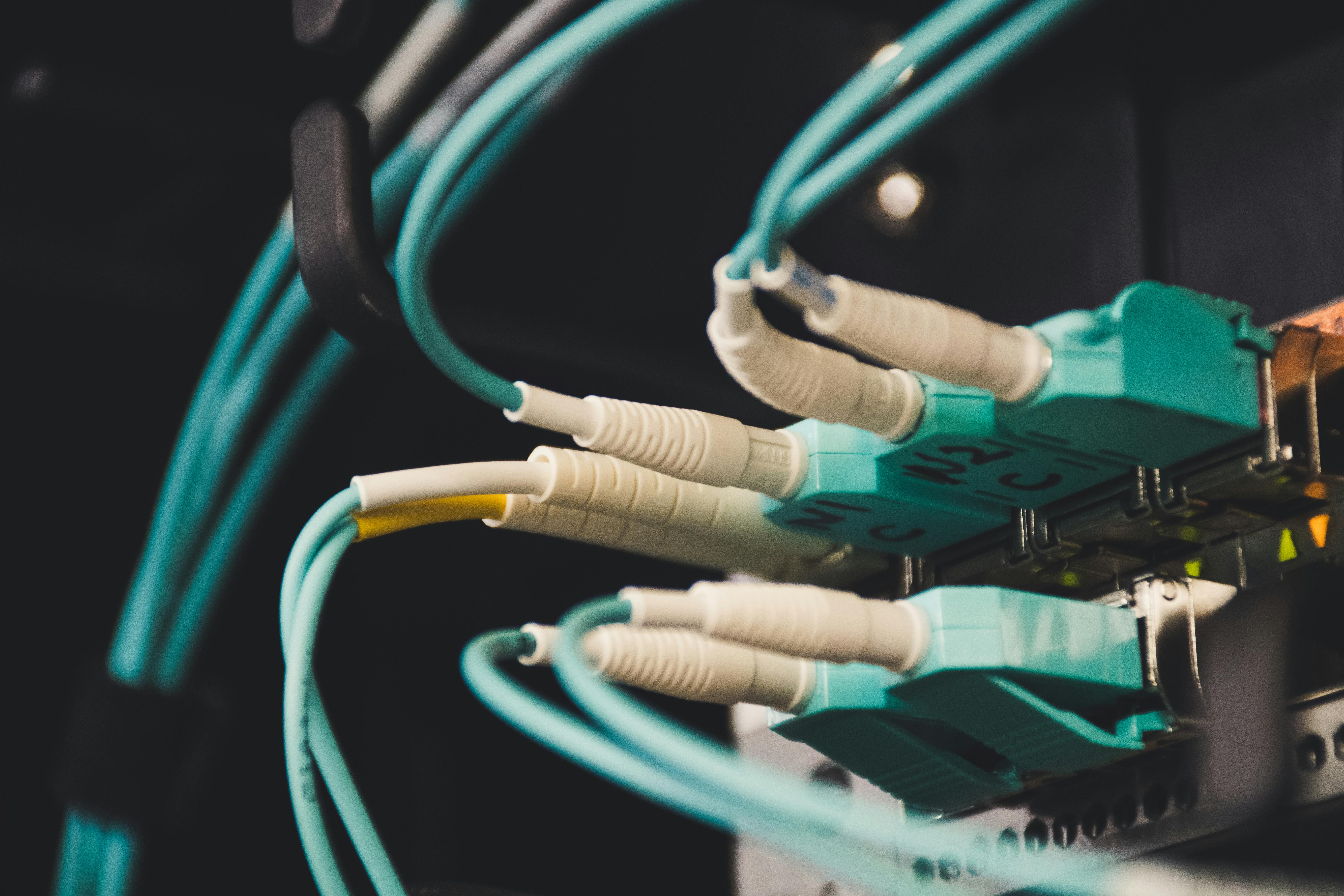Breathwork Biohacking: Optimizing Health Through Conscious Respiration
Can the way you breathe transform your health? Emerging research suggests that mastering your breath may be the key to unlocking peak physical and mental performance. This innovative approach to wellness, known as breathwork biohacking, is revolutionizing how we think about respiration and its impact on our overall health.

Recent studies have shown that controlled breathing exercises can affect heart rate variability, blood pressure, and even gene expression. By altering the balance between sympathetic (fight-or-flight) and parasympathetic (rest-and-digest) nervous system activity, breathwork can induce states of calm or heightened alertness on demand.
Techniques for Optimizing Respiratory Function
Breathwork biohacking encompasses a variety of techniques designed to enhance respiratory efficiency and promote overall health. One popular method is the Wim Hof technique, which combines hyperventilation with breath retention to boost immune function and stress resilience.
Another approach, known as coherent breathing, involves synchronizing breath with heart rate to achieve a state of psychophysiological coherence. This technique has been shown to reduce anxiety, improve focus, and enhance cardiovascular health.
Box breathing, a method used by Navy SEALs, involves inhaling, holding, exhaling, and holding again for equal counts. This simple yet powerful technique can quickly reduce stress and improve cognitive performance in high-pressure situations.
Metabolic Optimization Through Breath Control
Emerging research suggests that specific breathing patterns can influence metabolic rate and energy expenditure. The Buteyko method, for instance, focuses on reducing overall breathing volume to optimize oxygen utilization at the cellular level.
Some breathwork practitioners advocate for nasal breathing during exercise, citing improved oxygen uptake and reduced exercise-induced oxidative stress. This approach challenges conventional wisdom about heavy mouth breathing during intense physical activity.
Neuroplasticity and Cognitive Enhancement
Breathwork biohacking extends beyond physical health, offering potential benefits for cognitive function and neuroplasticity. Certain breathing exercises have been shown to enhance alpha brain wave activity, associated with increased creativity and reduced depression.
The emerging field of respiratory-driven brain-computer interfaces is exploring how controlled breathing can be used to manipulate digital environments, potentially opening new avenues for cognitive enhancement and rehabilitation.
Integration with Wearable Technology
As the breathwork biohacking movement grows, it’s increasingly intersecting with wearable technology. Advanced sensors can now track respiratory patterns, providing real-time feedback and allowing users to optimize their breathing throughout the day.
Some devices use haptic feedback to guide users through specific breathing exercises, making it easier to incorporate breathwork into daily routines. This integration of ancient practices with modern technology represents a new frontier in personalized health optimization.
Breathwork Biohacking: Quick Tips for Optimal Results
-
Practice diaphragmatic breathing for 5 minutes daily to improve respiratory efficiency
-
Experiment with 4-7-8 breathing before bed to enhance sleep quality
-
Use box breathing during stressful moments to regain mental clarity
-
Try alternate nostril breathing to balance left and right brain hemispheres
-
Incorporate breath holds during exercise to boost endurance and VO2 max
-
Use a breathing app or wearable device to track and optimize your breath patterns
-
Explore CO2 tolerance training to enhance overall respiratory function
As we continue to uncover the profound impact of breath on our health, breathwork biohacking stands out as a powerful tool for optimizing wellbeing. By consciously controlling this fundamental biological process, we can unlock new levels of physical performance, mental clarity, and emotional resilience. As research in this field progresses, breathwork biohacking may well become an essential component of future health and wellness strategies.






